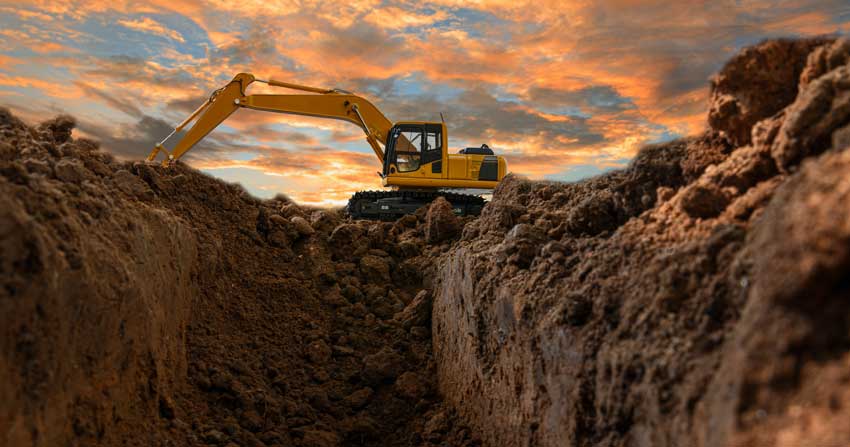
Starting an excavation project at the right time can significantly impact the success, efficiency, and cost of your overall construction or landscaping goals. Whether you’re preparing for a septic system, foundation, utility line, or grading work, careful timing is essential to avoid delays, safety issues, and budget overruns.
One of the most critical factors in choosing when to begin excavation is the weather. Dry, mild conditions—typically found in late spring through early fall—are ideal. These seasons offer more predictable forecasts and soil that is easier to dig, shape, and compact. In contrast, winter poses serious challenges due to frozen ground, which is harder and more expensive to break through. Similarly, heavy rain in late fall or early spring can lead to muddy, unstable soil, increasing the risk of cave-ins and delaying progress.
Soil conditions
Before setting a start date, it’s wise to conduct soil testing. This identifies whether the site is composed of rock, clay, sand, or loam—each affecting how excavation should proceed and how long it will take. For instance, rocky terrain may require specialized equipment and more time, while sandy soil may need additional stabilization.
Permitting and planning
Another major consideration is permitting and planning. Local regulations often require permits before excavation can begin. This process can take weeks or even months depending on the jurisdiction, so it’s crucial to begin planning and securing approvals well in advance. Additionally, you’ll need to schedule utility marking services to ensure you’re not digging near buried lines or pipes.
Project coordination
Excavation is often one of the first steps in a larger project. Starting too early—before contractors are ready for the next phase—can lead to idle time or erosion problems. On the other hand, starting too late may bottleneck the schedule and affect overall completion timelines.
In short, the best time to start an excavation project is typically during the drier, warmer months, after thorough planning, permitting, and site evaluation. Working with professional excavators can also help you identify optimal timing based on your site’s specific needs and ensure your project begins with a strong foundation. Careful scheduling now can save you significant time and money in the long run.
